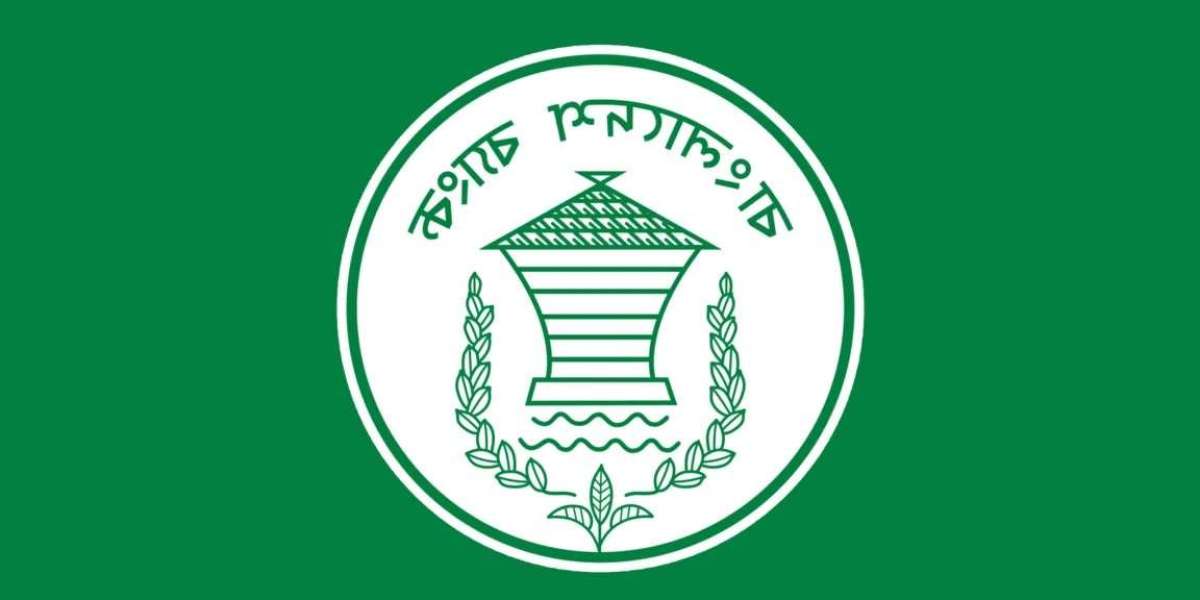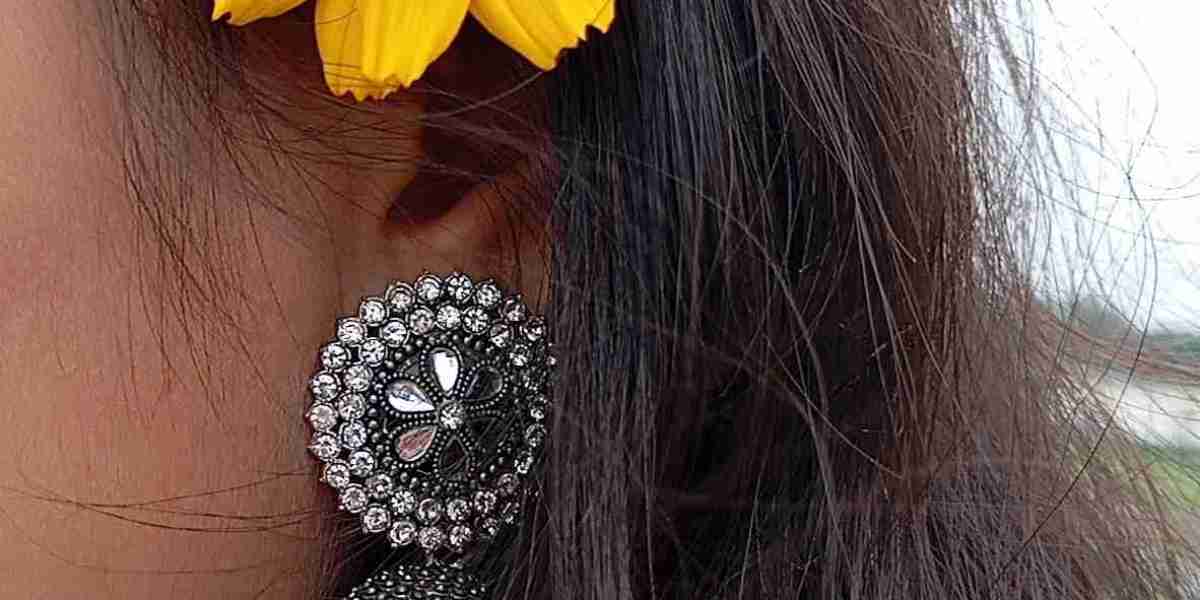Jumbangla Desk: Coral fish farming has been going on for a long time in the coastal areas of Bangladesh. Here different types of small fish, tilapia or other fish are used as coral food. However, due to lack of artificial food, coral fish farming has not become popular.
coral
Recently, Department of Aquaculture of Patuakhali University of Science and Technology funded by the Sustainable Coastal and Marine Fisheries Project of the Directorate of Fisheries is continuing the research program of 'Coral fish farming sub-project through artificial feeding with seaweed in the coastal region of Bangladesh. Researching this new technology, researchers have opened the door to a new success and potential in coral fish farming in the southern region.
Patuakhali University of Science and Technology Aquaculture Department Professor is working as the chief researcher of this new research sub-project in Alipur of Patuakhali. Muhammad Abdur Razzak and Associate Professor of Fisheries Biology and Genetics Department as Assistant Chief Researcher. Arifur Rahman.
As there is no coral fish hatchery in Bangladesh, the coral fish fry produced in the hatchery in Thailand were collected and stored in the reserve pond after nursing in the nursery pond. Coral fish fry in nursery ponds are fed artificial diet containing 50% meat with seaweed. At this time, 20-8% of the body weight of the coral larvae is provided with artificial food. A total of 4 to 6 meals are given during the day and night. A 0.2 gram coral fry weighing 5 grams is stocked in the pond.
The researchers of this research sub-project completed 1 research activity. Research has determined the amount of seaweed in artificial diets to promote greater coral growth. Here, coral fish were fed with 0% to 20% seaweed in the artificial diet. Fish production was found to be higher in artificial diets containing 10% seaweed. 2 more research projects are in final stage.
Research activities are underway in the second study to determine the stocking density of coral fish and in the third study to determine the suitable diet for coral fish growth. Besides, water quality testing, abundance of plankton, presence of bacteria in fish and water are being researched.
It has been shown that by stocking 20% coral fish with 10% seaweed, the production of fish was found to be higher when artificial food was used. At this time, coral fish are fed with 6-1% of their body weight artificial food. Fish are fed 2 times. As coral fish are nocturnal, half the diet is applied during the day and the other half at dusk.
5 gram corals grew to 2-3.5 kg weight in 1 year which was unimaginable to southern fishermen. Through this research sub-project, all fish farming materials have been distributed to the beneficiaries. Besides, 250 fishermen have received training.
Beneficiaries of the sub-project. Anwar Hossain said, under the supervision of teachers and researchers of Patuakhali University of Science and Technology, from September last year to September this year, each coral has grown from 3.5 to 4 kg. Through this, the farmers will be able to profit commercially.
Director of Sustainable Coastal and Marine Fisheries Project of the Department of Fisheries Dr. Mohammad Shariful Azam said, we are hopeful that the coral fish fry produced in the hatchery in Thailand will grow to 3-3.5 kg in 1 year by using pellet food with seaweed. As the size variation of coral fish during cultivation is very high, better results can be obtained by trimming the smaller fish and transferring them to other ponds.
In this regard, the main researcher of the sub-project is Professor Dr. Muhammad Abdur Razzak said that this is the first time in Bangladesh that his team is working on the cultivation method of coral fish produced in hatcheries in Thailand through artificial feeding with seaweed. 5 grams of coral stock in 1 year cultivation in the pond weighing 2 to 3.5 kg has created a new possibility for fishermen not only in the southern region but also in the entire coastal region of Bangladesh.
He expressed the hope that their invented coral fish farming technology with artificial food along with seaweed will play a role in increasing the production of coral fish in Bangladesh as well as the production of Bangladesh's fishery resources.
It should be noted that coral fish is very nutritious. This fish contains high-quality fats that help our body build muscle, repair damaged cells, and produce hormones. Coral fish is a rich source of omega-3 fatty acids. The amount of EPA (eicosapentaenoic acid) and DHA (docosahexaenoic acid) is particularly significant. These fatty acids boost our body's immune system, reduce the risk of heart disease, improve brain function, reduce inflammation and help control blood pressure. Also, coral fish is rich in vitamins A, B12, D and E, minerals calcium, zinc, iron, iodine, phosphorus and selenium. They play an important role in body building and growth.






![একজন মহিলার ক্রোধ: 'স্ট্রেঞ্জ ডার্লিং' এবং 'লাস্ট নাইট ইন সোহো' [ডাবল ঝামেলা]](https://www.aface1.com/upload/photos/2024/12/opo2DHy8vCxTTUOSegCY_20_186063bdd176ac83bb83153bd3578dcb_image.jpg)












































